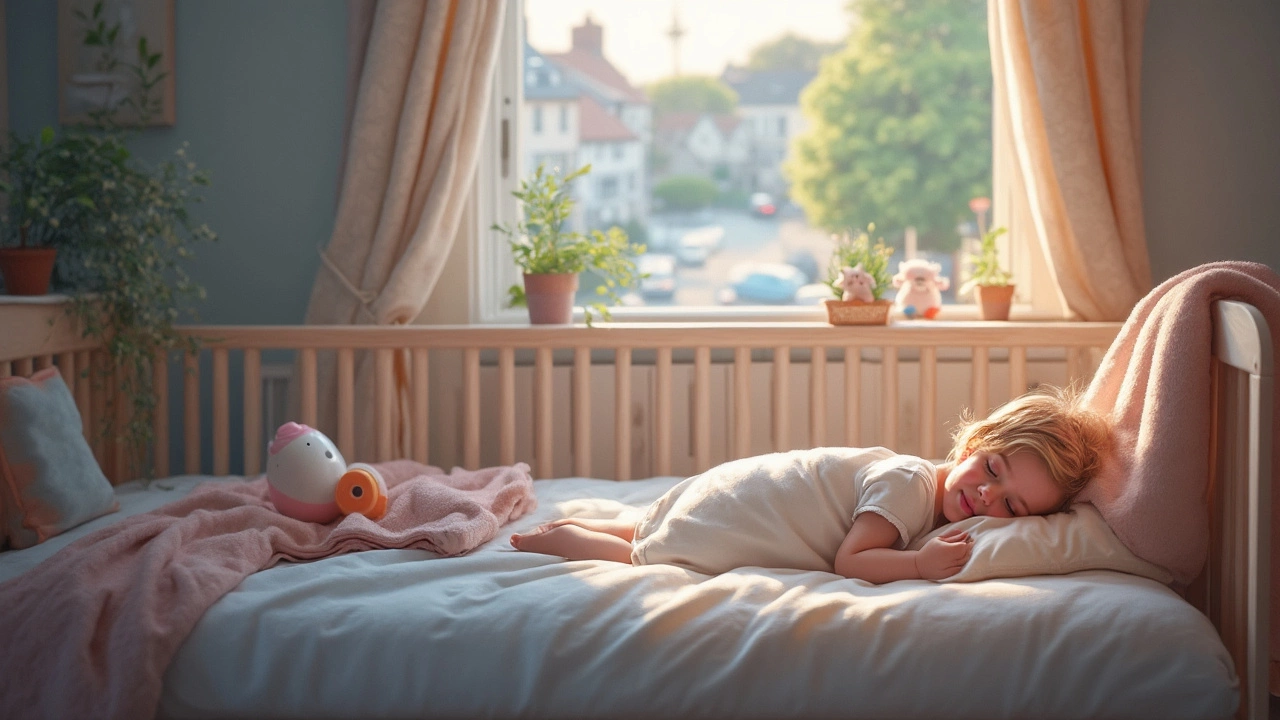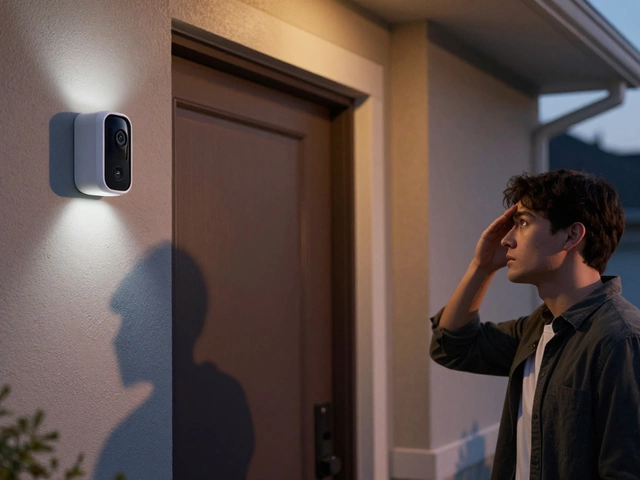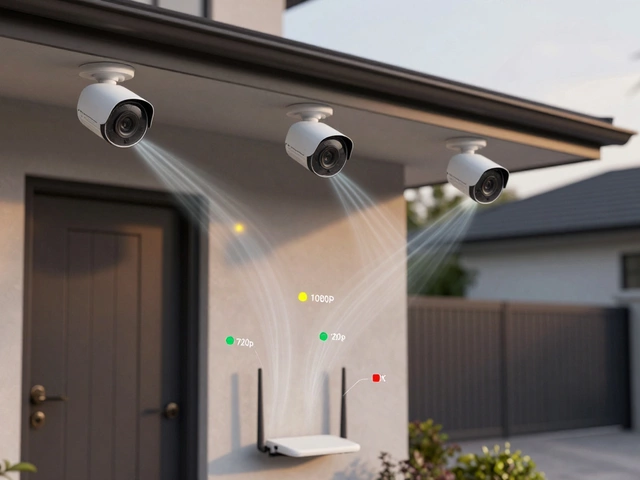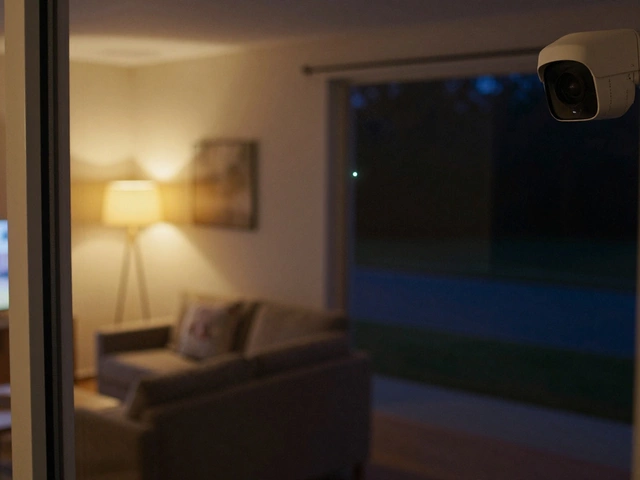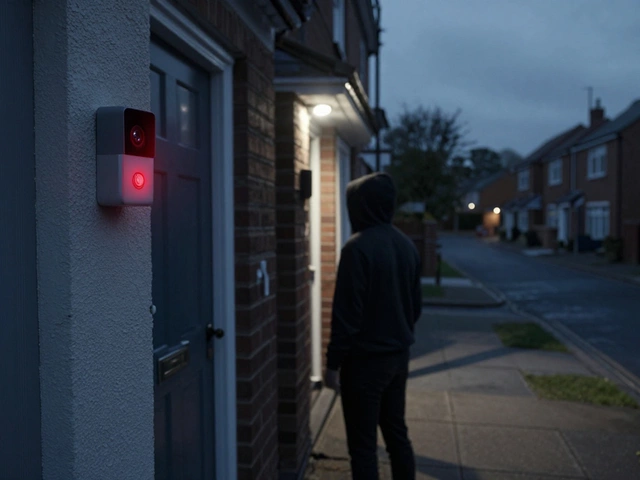Baby Health Tips Every Parent Should Know
Welcome to the baby health hub. Whether you’re a first‑time parent or just need a refresher, this guide gives you straight‑forward advice you can use today. We’ll cover the basics of monitoring, sleep safety, nutrition, and a few common health worries. No jargon, just clear steps to keep your little one safe and thriving.
Smart Monitoring for Peace of Mind
Modern baby monitors let you see and hear your child from another room, but they work best when you pick the right type. Video monitors give a visual check, while audio‑only units are cheaper and still useful for nighttime checks. Look for a monitor that connects to your phone so you can peek from the couch or the kitchen. Make sure the range covers your whole house – most 2‑GHz models reach 300‑ft in a typical home.
When you set up the monitor, place the camera or microphone at a safe height, away from cords and sharp edges. Test the connection before you rely on it; a quick drop‑out can cause unnecessary panic. If you use a battery‑powered monitor, keep spare batteries handy and check them weekly.
Sleep Safety: The Foundation of Health
Safe sleep isn’t complicated: place baby on their back, use a firm mattress, and keep the crib free of pillows, blankets, and toys. The ideal room temperature is between 68‑72°F; too hot can increase the risk of Sudden Infant Death Syndrome (SIDS). A simple thermometer on the wall helps you keep the climate steady.
Many parents wonder about sleep sacks versus blankets. A sleep sack eliminates loose bedding and is easier to adjust as baby grows. If you prefer a swaddle, stop once baby shows signs of rolling – usually around two months – to avoid restricting movement.
Feeding schedule also affects sleep. Breast‑fed babies often need more frequent feeds, while formula‑fed infants may go a bit longer between meals. A well‑balanced feed before bedtime can lead to longer stretches of sleep, but avoid over‑feeding, which can cause reflux.
Temperature checks, a secure crib, and consistent feeding habits form a solid sleep routine. Pair those with a reliable monitor, and you’ll know if anything’s off without being glued to the nursery.
Beyond sleep, keep an eye on diaper changes. A diaper that’s too wet or dirty can cause skin irritation. Clean the area gently and let it air dry before putting on a fresh diaper. Using a barrier cream can protect against rash, especially if baby has sensitive skin.
If you notice a fever, a temperature above 100.4°F (38°C) in a newborn warrants a call to your GP. For older infants, monitor symptoms like fussiness, lack of appetite, or unusual sleep patterns. Most minor colds clear up in a few days, but persistent coughs or breathing difficulties need professional attention.
Staying on top of vaccinations is another cornerstone of baby health. Follow the NHS schedule and keep a record of each dose. Vaccines protect against serious diseases and help your baby build a strong immune system.
Finally, trust your instincts. You know your baby better than anyone else. If something feels off, don’t hesitate to reach out to a health professional. Combining smart monitoring tools with these practical health habits gives you confidence and keeps your baby safe.

